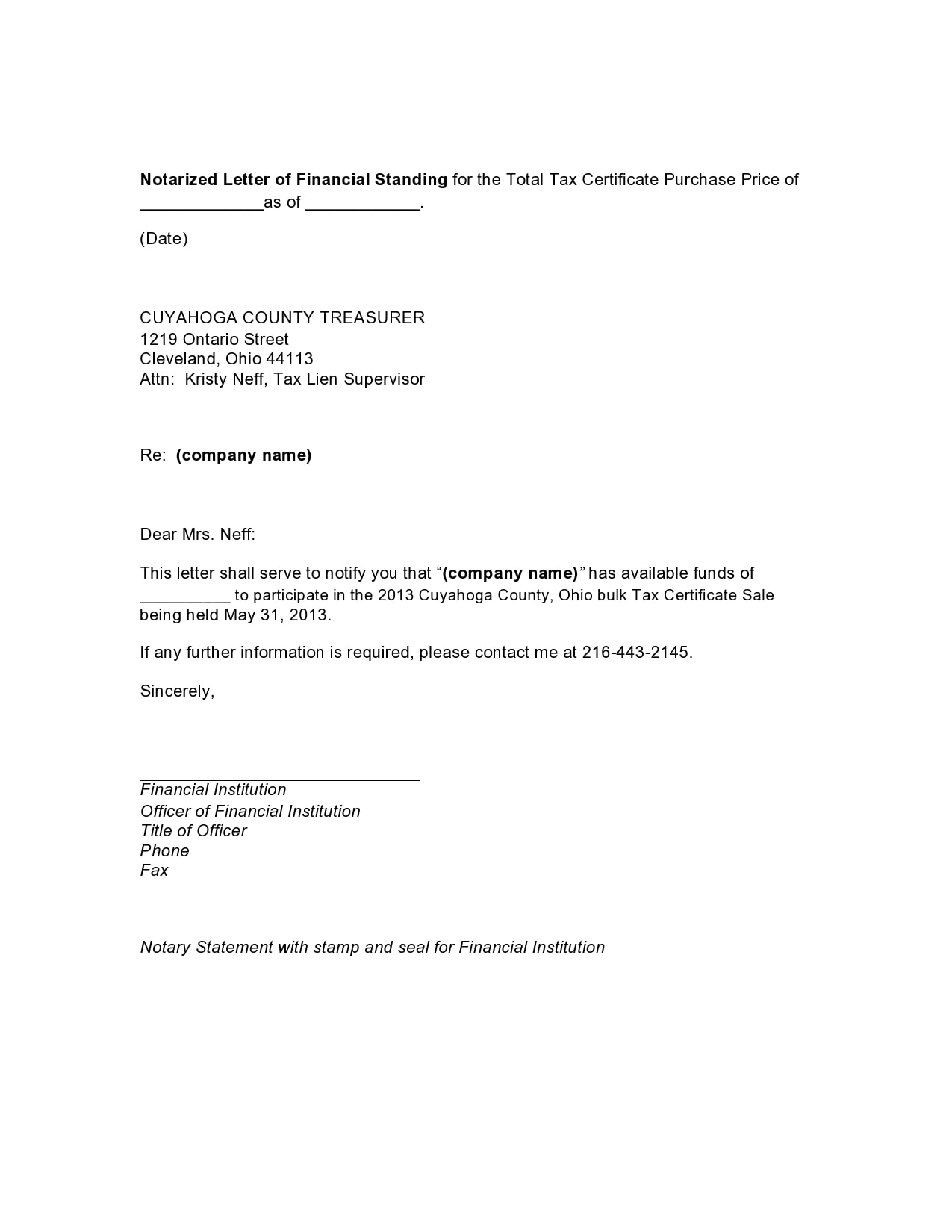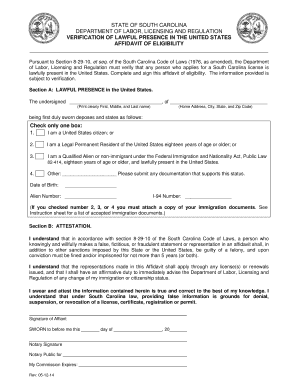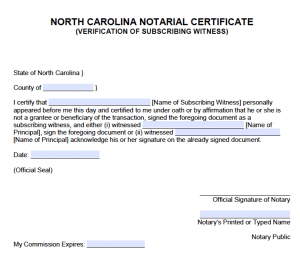

An antenuptial contract allows a couple to bypass state law governing property division and permits the couple to divide property as they choose. In South Carolina, most property acquired during the couple's marriage becomes jointly-owned marital property, although some exceptions apply. If a couple doesn't have a prenup, their property will be divided according to state law during a divorce. Alternatively, a divorcee with children may seek a prenuptial contract to avoid another messy divorce or to preserve a child's inheritance.

A wealthy individual may want an agreement that protects his or her assets in a divorce. Both rich and poor, young and old couples use antenuptial agreements. Prenuptial agreements can be tailored to fit a couple's unique needs. Finally, couples that enter into a prenuptial contract but don't ever marry won't be bound by their agreement - a marriage must take place for the agreement to take effect. Prenups must be written and signed by both spouses.

Antenuptial agreements are used to divide property, assets, and debts both during marriage and in the event of death or divorce. Prenuptial agreements, sometimes referred to as "antenuptial agreements," are contracts entered into before marriage by prospective spouses. If after reading this article you have questions, please contact a local family law attorney for advice. If you're thinking about a premarital contract, it's important to familiarize yourself with what makes an agreement enforceable in South Carolina. The requirements for prenuptial agreements differ from state to state. However, in situations where a breakup is inevitable, prenuptial agreements will simplify the divorce process. In many cases, premarital agreements lead to increased marital satisfaction and can sometimes prevent divorce. Contrary to their public image, prenuptial agreements aren't necessarily the quickest way to end an engagement.


 0 kommentar(er)
0 kommentar(er)
